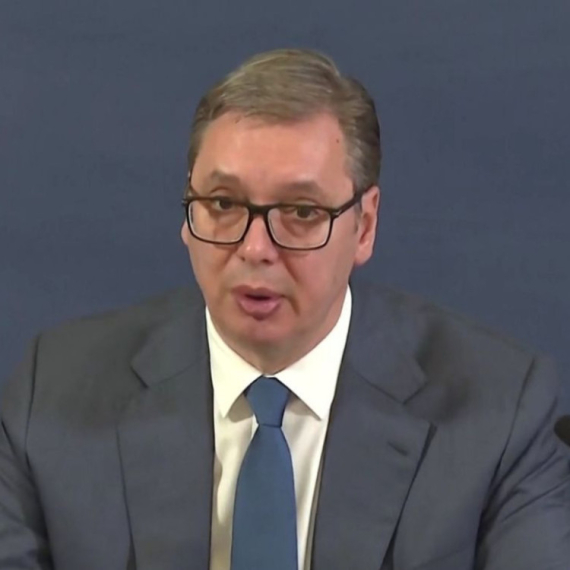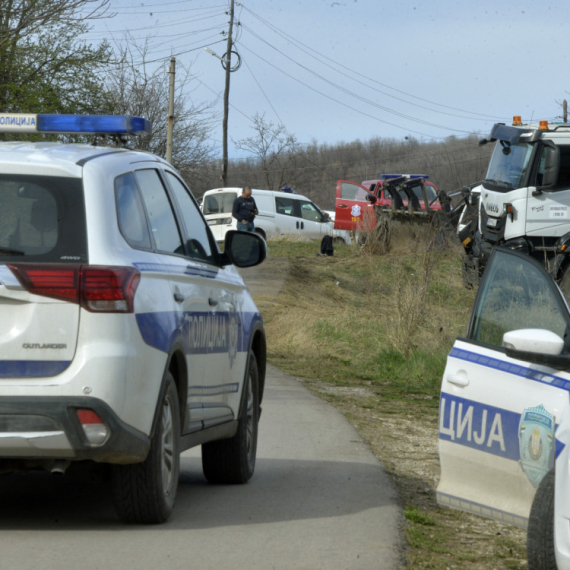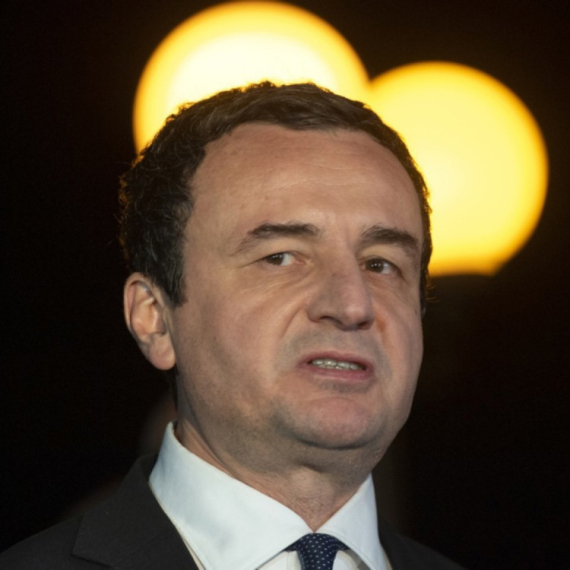PKS: No optimism for Serbian economy in 2013
Serbia's economy in late 2012 "is characterized by high rates of inflation and unemployment and economic downturn".
Wednesday, 12.12.2012.
16:31

BELGRADE Serbia's economy in late 2012 "is characterized by high rates of inflation and unemployment and economic downturn". For this reason, there are no optimistic forecasts of economic growth in 2013, President of the Serbian Chamber of Commerce (PKS) Milos Bugarin has said. PKS: No optimism for Serbian economy in 2013 Bugarin said at the third meeting of the PKS Board of Directors that Serbia needs to see economic growth of between 4.5 and 5 percent in 2013, in order for projections of a 2-percent increase in gross domestic product to be achievable, bearing in mind that Serbia will end 2012 with a 2-percent drop in economic activity. According to him, the Serbian economy will record a drop of USD 200 million in 2012. Bugarin pointed out that the government measures for economic recovery have yielded certain results, but that they are generally partially available to certain business entities, while substantial and systemic reforms necessary for promotion of the economic environment have not occurred. The head of the PKS also believes that the revenue part of the 2013 budget has been overrated and that one should rather expect a budget review in March, and not that it (the budget) will be sustainable. Bugarin qualified as positive the elimination of some para-fiscal levies, but also said that there have not been any real reforms of tax, pension, healthcare and educational systems, or of the public sector and public enterprises. PKS Vice-President Vidosava Dzagic pointed out that not even a 4-percent growth of GDP would be sufficient for Serbia to stop the growth of unemployment, which is among the highest in Europe, like in Greece and Spain. She pointed out that the constant drop of employment is worrying, adding that the entire industrial production is negative, while investments are at the lowest level since the crisis began. Dzagic underlined that October's growth of industrial production amounting to 1.6 percent is encouraging, but that this cannot be a parameter for further projections, adding that progress will depend on growth in demand in foreign markets. According to her, the inflation is expected to be among the highest in Europe and reach as much as 14 or even 15 percent. Further growth of external debt is also expected. "There is no clear indication that systemic reforms, which would contribute to creating a small and efficient state apparatus that the economy would be able to support, will occur," Dzagic said. Milos Bugarin (Tanjug, file) Tanjug
PKS: No optimism for Serbian economy in 2013
Bugarin said at the third meeting of the PKS Board of Directors that Serbia needs to see economic growth of between 4.5 and 5 percent in 2013, in order for projections of a 2-percent increase in gross domestic product to be achievable, bearing in mind that Serbia will end 2012 with a 2-percent drop in economic activity.According to him, the Serbian economy will record a drop of USD 200 million in 2012.
Bugarin pointed out that the government measures for economic recovery have yielded certain results, but that they are generally partially available to certain business entities, while substantial and systemic reforms necessary for promotion of the economic environment have not occurred.
The head of the PKS also believes that the revenue part of the 2013 budget has been overrated and that one should rather expect a budget review in March, and not that it (the budget) will be sustainable.
Bugarin qualified as positive the elimination of some para-fiscal levies, but also said that there have not been any real reforms of tax, pension, healthcare and educational systems, or of the public sector and public enterprises.
PKS Vice-President Vidosava Džagić pointed out that not even a 4-percent growth of GDP would be sufficient for Serbia to stop the growth of unemployment, which is among the highest in Europe, like in Greece and Spain.
She pointed out that the constant drop of employment is worrying, adding that the entire industrial production is negative, while investments are at the lowest level since the crisis began.
Džagić underlined that October's growth of industrial production amounting to 1.6 percent is encouraging, but that this cannot be a parameter for further projections, adding that progress will depend on growth in demand in foreign markets.
According to her, the inflation is expected to be among the highest in Europe and reach as much as 14 or even 15 percent. Further growth of external debt is also expected.
"There is no clear indication that systemic reforms, which would contribute to creating a small and efficient state apparatus that the economy would be able to support, will occur," Džagić said.
















































Komentari 1
Pogledaj komentare